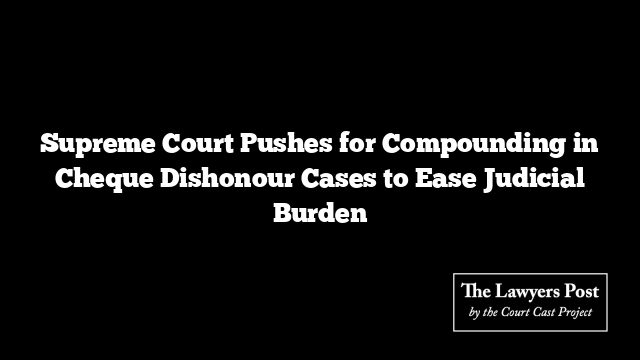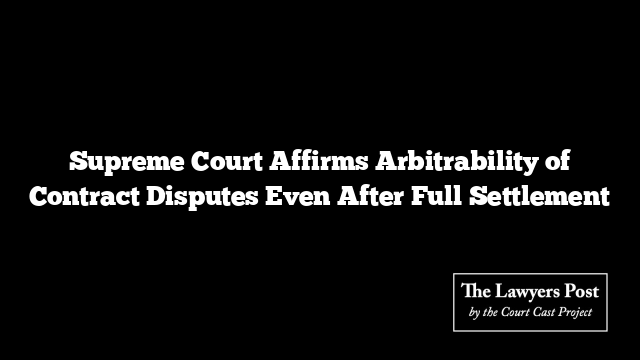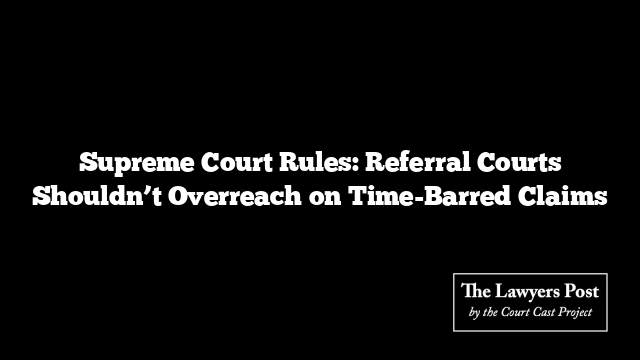The Supreme Court has emphasized the importance of prioritizing the compensatory aspect over the punitive aspect in cheque bounce cases, urging courts to encourage settlements when both parties are amenable.
A bench comprising Justice Sudhanshu Dhulia and Justice Ahsanuddin Amanullah underscored that the offence of cheque dishonour, regulated under the Negotiable Instruments Act, 1881, was established to ensure the reliability of cheques in the public interest. With a vast number of pending cheque dishonour cases posing a significant concern for the judicial system, the bench highlighted the necessity for compounding offences under the NI Act when possible.
The Court pointed to a precedent in the case of Raj Reddy Kallem v. State of Haryana & Anr., where it quashed a conviction due to adequate compensation to the complainant, despite the lack of consent from the latter.
In a recent judgement, the Supreme Court overturned the conviction of M/s New Win Export and its partner P. Kumarasamy. The case originated from a 2006 complaint by A. Subramaniam, following the dishonour of a Rs. 5,25,000 cheque issued by Kumarasamy. The Trial Court had sentenced the appellants to one year of imprisonment in 2012, a decision later acquitted by the Appellate Court, only to be reversed by the High Court in 2019.
Before reaching the Supreme Court, the parties settled on January 27, 2024, with Kumarasamy repaying the amount, leading the complainant to agree to settle the matter and not oppose the appellants’ acquittal. The Supreme Court noted the provision for compounding offences under Section 147 of the NI Act and the requirement for court approval for such compounding post-conviction as per Section 320(5) of the Criminal Procedure Code (CrPC).
Upon verifying the settlement’s authenticity, the Supreme Court concluded that maintaining the conviction was unnecessary, thereby allowing the appeal, setting aside both the High Court and Trial Court’s orders, and acquitting the appellants. Kumarasamy, who had been exempted from surrendering, was no longer required to surrender.





